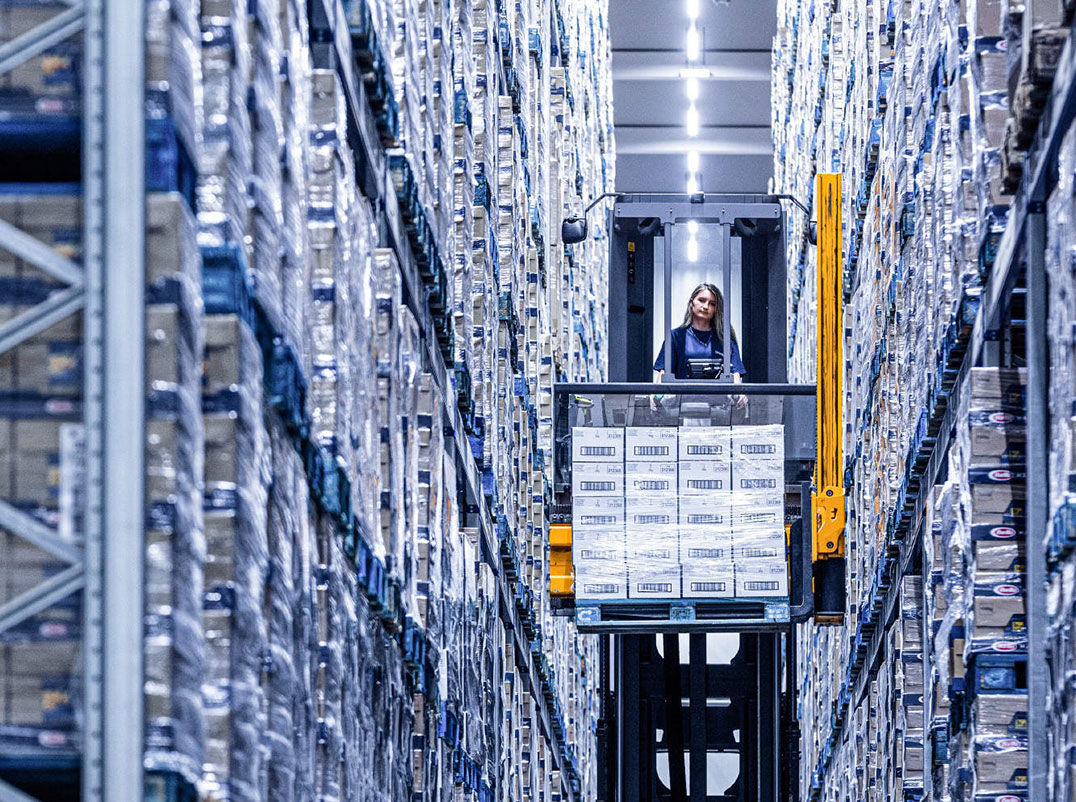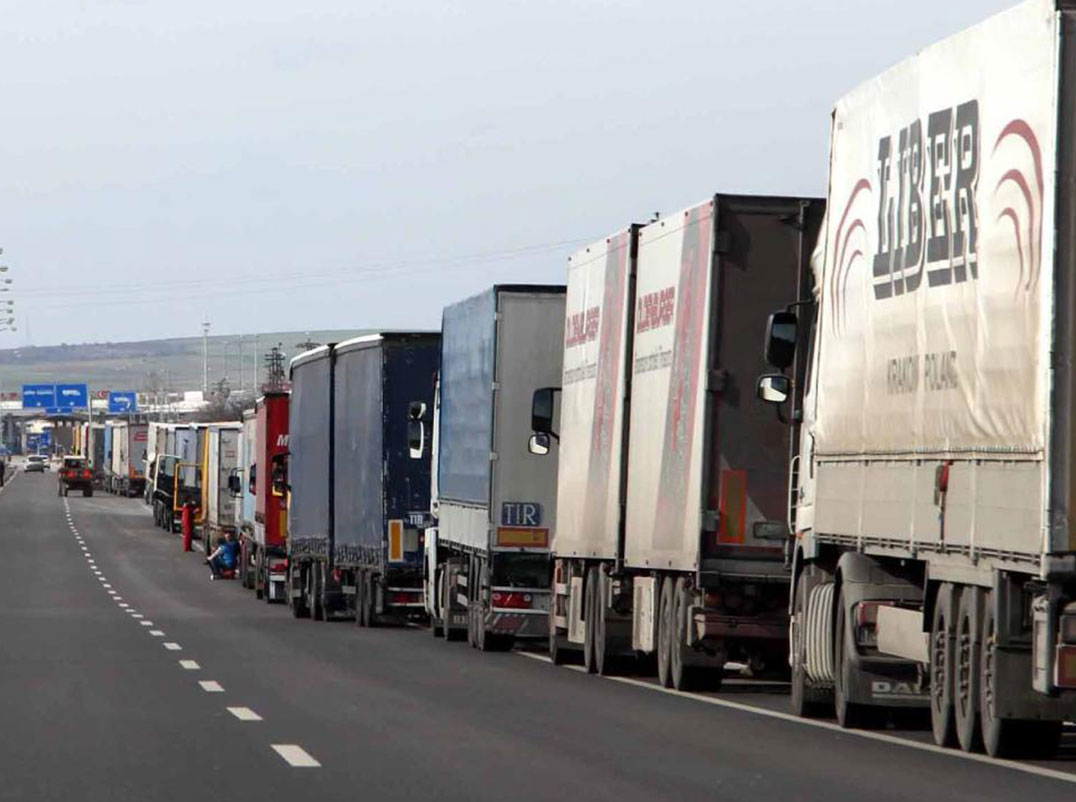Contract logistics is a form of transportation service procurement that is mostly preferred by medium and large-sized commercial enterprises.
It emerges as a result of companies tendering their transportation works on a turnkey basis in order to make their supply chain sustainable. It is realised by signing a contract after awarding the work to the most commercially and strategically appropriate bidder among the alternative logistics companies that have been invited to tender.
Although this contract is generally in favour of the Customer (Shipper), it is a system that also guarantees the rights and obligations of the logistics company that is awarded the work. In contract logistics, transport prices remain indirectly fixed during the contract period and in general, sustainability is tried to be ensured by adjustments based on fuel cost and inflation rate.
It is observed that companies providing contract logistics services have more asset owned fleets. Because receiving a contract tender with a fleet that is not under your own control may have negative commercial consequences in case the work fails to be performed. Having self-owned trucks and fleet management processes are the factors with high-cost structure. Driver employment, periodic maintenance of trucks, repair, consumables, tyres, load insurance, car insurance, traffic insurance, MTV (Motor Vehicles Tax), truck parking, maintenance garage, expert management team and many similar cost items are reflected in the offer to ensure a sustainable profitability can be achieved.
In addition to the foregoing, it is also customary in contract logistics to reflect such risks in the cost of the offer, as penalty clauses are applicable in the event that the requested truck cannot be supplied on time. The two most important advantages of contract logistics for customers are 1) fixed price guarantee and 2) High truck supply fulfilment rate. In other words, through contract logistics, customers actually purchase the predictability of costs and service quality at an annual level.
However, unfortunately, in countries with high inflation, problems are experienced in the sustainability of contract logistics. Due to the difference between the announced official inflation figures and the actual inflation, logistics companies are victimised and become unable to perform the contract. In this case, contracts cause problems and the parties have to interrupt the service in order to seek their legal rights. When it comes to this point, the supply chain of the customer is broken and alternative ways to continue the transport service, even temporarily are sought.










